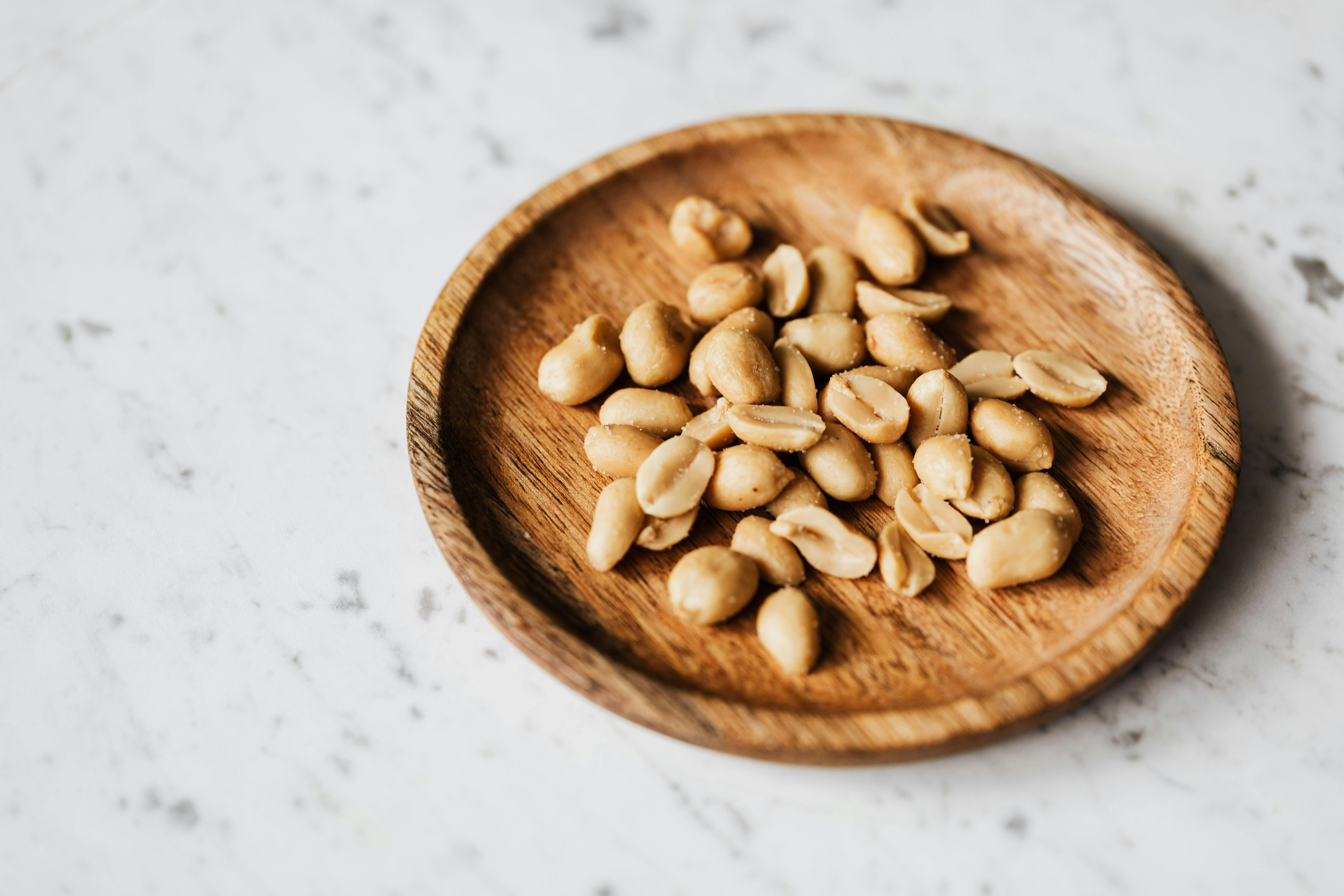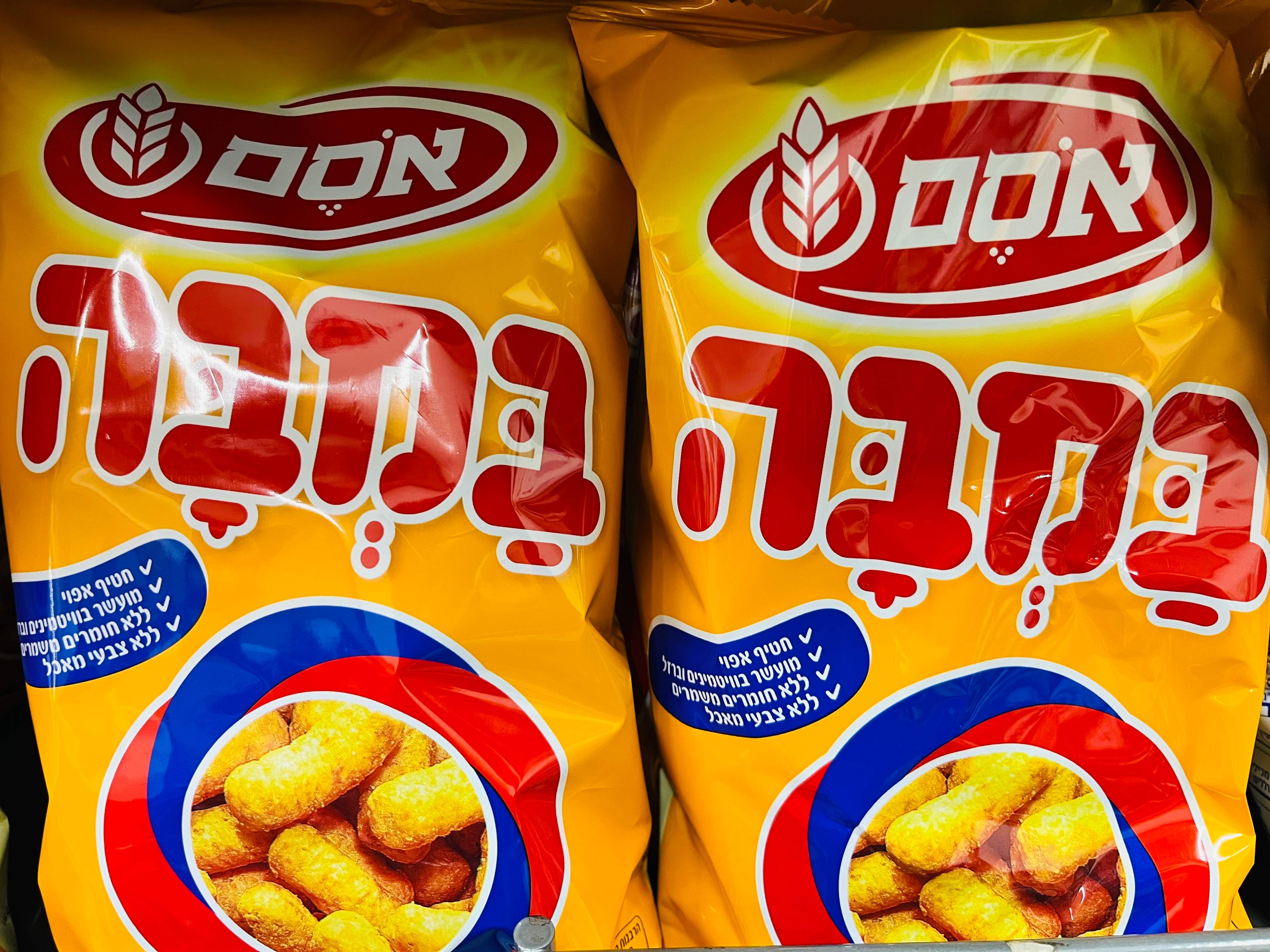BAMBA: a snack made up of peanut butter puff maize. Originally from Israel. Contributor and a pivotal player in solving a growing public health matter.
Last summer, my family and I moved to a kibbutz in the countryside of northern Israel. As I explored the local grocery store, I encountered aisles of a popular Israeli peanut snack that represents israeli culture. It inspired me to share a story about Israel’s most beloved peanut puff —Bamba, and its vital role in solving an American public health crisis.
This story sparked instant curiosity and excitement for a couple of reasons; first, I am a nurse who values preventive measures. Second, I love peanuts, peanut butter to be precise. I enjoy its sweet taste and sticky nature . Bamba’s contribution is an example of a positive impact on public health. As a local in Israel, Bamba holds a special place in our kitchen pantry!
Bamba has been a significant part of Israeli culture since its conception in 1964. This peanut puff represents culture, functionality, and fun. It's a snack that resembles the American Cheetos puff. Bamba is recognizable across Israel and is now identifiable in the United States. It has been a critical contributor to the well-being of Israeli children since its grand debut. In 2015, for the first time, it made headlines for its contributions to the well-being of American children.
Research in the USA showed that peanut allergy prevalence increased between the 1990s and early 2000. During this time, food allergies became part of social debates. There was much talk about the development of life-threatening allergies in young children. The public was concerned about rising complications and their long-term effects on children. News stories made people even more anxious and hesitant to introduce peanuts to their children. Preventive approaches at that time were nonexistent, and pediatricians needed more confidence in addressing the growing problem. It was the lack of data that lead pediatricians to simply recommend peanut avoidance.
The National Peanut Board (NPB), an association that aims to improve the economic condition of American peanut farmers and families through research and health promotion, took action. Their goal was to find solutions for the increasing allergy problem and bring back the peanut’s reputation. The NPB invested over 35 million dollars to fund research toward solutions. Scientific data needed consistency and factual information to answer the public cry. Even greater pressure arose after the NPB conducted consumer research to determine the public perception of the high prevalence of peanut allergy. This led to the creation of a robust media monitoring program to disseminate accurate information. Through this action, NPB found the right approach to minimize public panic by bringing answers the American people desperately needed.
In 2008, The Journal of Allergy and Clinical Immunology published an observational study by British Researcher Dr. Gideon Lack. The results showed significant differences in peanut allergy between Jewish children in the UK and children in Israel. The prevalence was 1.85% (UK) compared to 0.17% in Israeli children (P < .001). Gideon found that Bamba was the critical component that Israeli children consumed during infancy, leading to a lower occurrence of peanut allergies.
Furthermore, Gideon collaborated to bring new recommendations in the Learning Early about Peanut Allergy (LEAP) trial conducted in 2015 by the Immune Tolerant Network (ITN). This study gathered evidence on safe and preventive measures for high-risk infants. The study was successful because the retention rate of those who participated was 98.4%. With such a substantial amount of study participants, researchers had greater confidence in their findings. The study found that there was an 86% decrease in the risk of developing a peanut allergy in those who started consumption early. The results brought immediate changes to support children and their families across the United States and the UK.
The NIH published a new set of guidelines on January 2017 and distributed it as an updated addendum with recommendations for pediatricians and healthcare providers to disseminate confidently. Furthermore, The Journal of Allergy and Clinical Immunology published and supported the recommendations. These new recommendations helped the public re-establish confidence in pediatricians and their ability to elevate health in children. A 2021 study followed up with the recommendations made in the 2015 addendum. The results indicated a 16% decrease in allergy occurrence between 2018-2019. As a results, we can see a movement toward a healthier and more informed future.
The collaborative effort between the NPB, Dr. Gideon Lack, and the peanut puff brought a practical approach to combat the allergy problem in American children. Today, we see Bamba on the shelves at local supermarkets throughout America. Bamba has gain the recognition it deserved for the progressive trajectory toward society’s well-being. It was the key component to combat a public health crisis. Now it has given our communities hope to move towards a healthier future. I personally, am glad to see that peanuts are finally getting their credibility and reputation in good standing in the eyes of the public.

